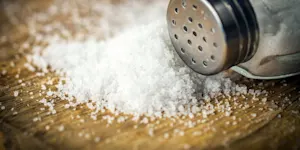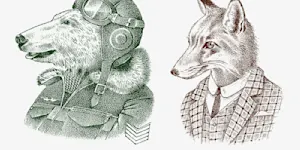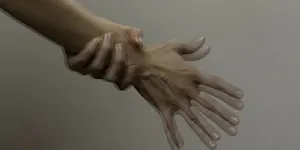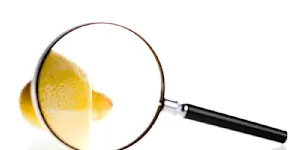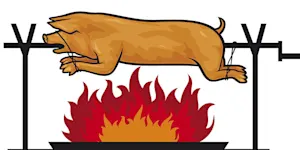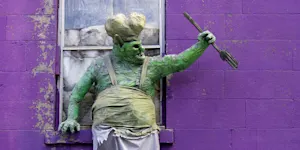What Makes This Word Tick
Ah, "macabre" — a word that gives us a shiver down the spine just thinking about it. It evokes images of eerie scenes, haunting stories, and grim atmospheres. It's like the linguistic equivalent of watching a Hitchcock movie, inviting us into a world where things aren't quite right.
If Macabre Were a Person…
You'd likely find Macabre at a midnight showing of "Psycho" or wandering through an old Gothic cemetery, wearing a tattered long coat. Wry and introspective, they'd be the sort to tell ghost stories around a campfire, leaving listeners shivery and eager for more.
How This Word Has Changed Over Time
"Macabre" has been around since the Middle Ages, adapted from the Old French "macabre," likely linked to the Latin "macabrum," associated with dance of death tales. Over time, its usage has evolved from describing depictions of death to encompassing any eerie or grim subject matter.
Old Sayings and Proverbs That Use Macabre
While you might not find "macabre" in old-timey proverbs per se, it certainly lives in the whispers of phrases warning about "tempting fate" or the classic "curiosity killed the cat," both nodding to the eeriness that macabre subjects carry.
Surprising Facts About Macabre
Did you know that "macabre" is often associated with the Dance of Death, or "Danse Macabre"? This medieval concept features personified Death leading people to the grave and inspired numerous artworks, reminding the living of life's transience.
Out and About With This Word
If "macabre" were to go on a world tour, you might find it lurking at attractions like the Catacombs of Paris or the eerie Capuchin Crypt in Italy. It's the word you might use when a misty evening casts strange shadows and an old door creaks unexpectedly.
Pop Culture Moments Where Macabre Was Used
From Edgar Allan Poe's dark tales to the quirky and spooky Addams Family, the concept of the macabre has always had a seat in pop culture. Films and literature often explore macabre themes, highlighting our fascination with the dark and mysterious.
The Word in Literature
"Macabre" is right at home in Gothic novels and chilling short stories. Think of the atmospheric works of Poe or Mary Shelley's "Frankenstein," where the macabre adds a rich layer of spookiness that draws readers into the narrative.
Moments in History with Macabre
Remember the Salem witch trials? The hysteria and grim settings of those events could well be described as macabre. Historical moments involving superstition or unexplained fears often carry a touch of the macabre spirit.
This Word Around the World
Across the globe, "macabre" conjures similar chilling vibes, but each culture might associate different aspects with it. For instance, Mexico's Día de los Muertos has a macabre side with its skull motifs but celebrates life rather than mourning death.
Where Does It Come From?
"Macabre" traces back to the Old French "macabre," perhaps influenced by the biblical Maccabees, linked with death-themed allegories. Its linguistic journey adds eerie layers to its meaning and use today.
How People Misuse This Word
Sometimes people use "macabre" to describe anything merely unusual or quirky, but this misses the crucial element of griminess or darkness that the word truly implies.
Words It’s Often Confused With
Morbid: While both deal with death, "morbid" is more about an unhealthy obsession with it.
Grim: Sometimes used interchangeably, but "grim" can mean simply serious or unappealing, without the eerie connotations.
Gothic: Often overlaps but "Gothic" leans more towards romanticized revival than pure eeriness.
Additional Synonyms and Antonyms
Synonyms for "macabre" include ghastly, gruesome, and sinister. Antonyms might be cheery, pleasant, or delightful.
Want to Try It Out in a Sentence?
The old, abandoned house at the end of the street had a macabre allure that was impossible to resist on Halloween night.








